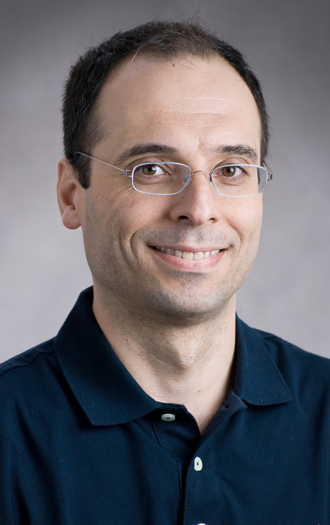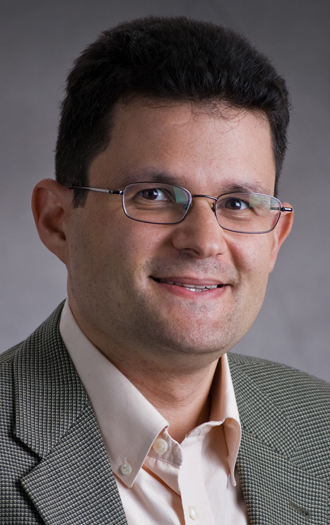NSF Grant Funds ECE Effort to Boost Wireless Telecom Efficiency
By Rachel Harrington
As wireless telecommunication companies look to improve their efficiency, two ECE professors will be behind the scenes, conducting research that could potentially impact both the legal and economic policies of the wireless industry.

The National Science Foundation (NSF) recently awarded $714,501 to ECE Associate Professors Murat Alanyali and David Starobinski to support their project, “Promoting Secondary Spectrum Markets via Profitability-Driven Methods and Algorithms.”
“Wireless telecommunications are undergoing substantial policy reforms in pursuit of better spectral efficiency,” Alanyali and Starobinski wrote in their abstract for the project. “A key element in these reforms entails granting full property rights to spectrum license holders, thereby paving the way to secondary spectrum markets.”
Radio spectrum is used to conduct everything from phone calls to texting. When businesses like Verizon buy licensing for spectrum, the purchase is regulated by the Federal Communications Commission (FCC), and as of now, only one company can use a particular chunk of spectrum. The limited access can lead to poor networks and frustrated cell phone customers.
One of the challenges in creating secondary spectrum markets is that there are concerns from wireless telecommunication companies about both electromagnetic interference and the economics of opening up the market.

How can Alanyali and Starobinski help? They hope to establish methods and algorithms that will ensure that secondary spectrum markets can be profitable for their participants.
“A unique feature of this research program is that it spans the engineering, regulatory, and business aspects of wireless communications,” said Alanyali. “We have an interdisciplinary team that is well-positioned to address these issues, and we are excited about the prospect of making a significant contribution toward shaping the future of wireless communications.”
Though Boston University is the lead institution on the project, the research team will also include Assaf Zeevi, a professor at the Graduate School of Business at Columbia University.
The grant for this project will continue through 2014.